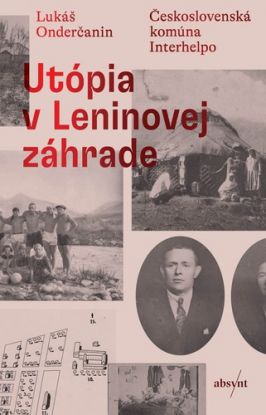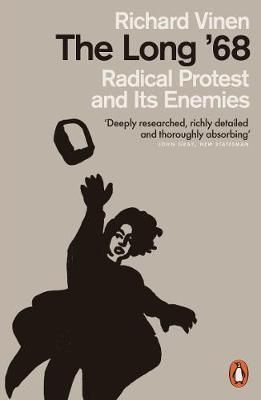Knihy - Moderné dejiny strana 11 z 24
Utópia v Leninovej záhrade
dostupné aj ako:
Belarus: The Last European Dictatorship
America in Retreat
The New Age of Empire
China 1949
Nyugat-Magyarországtól Burgenlandig 1918-1924
Az Európai Unió története - Integráció, populizmus, nacionalizmus
The Enlightenment
Statelessness: A Modern History
Príbehy 20. storočia - Komunizmus: vnucovaný sen
The Habsburgs
Catch-67
Príbehy 20. storočia - Kultúra (bez) cenzúry
Židé, nebo Němci?
A Short History of Europe
Bauhaus Goes West
The Long 68
Behemoth
Príbehy 20. storočia - Identity
Vitajte v kategórii "Moderné dejiny" – období, ktoré zahŕňa udalosti, hnutia a myšlienky za posledných dvesto rokov. Toto je čas, keď globalizácia, technologický pokrok a sociálne reformy premenili spôsob, akým vnímame svet okolo nás.
Priblížte sa k rozhodujúcim momentom 20. a 21. storočia, od obdobia dvoch svetových vojen, studenej vojny, dekolonizácie, až po vznik a pád Berlínskeho múru, digitálnu revolúciu a výzvy súčasnej geopolitiky. Ponorte sa do hlbokých analýz o postavách, ktoré formovali tento čas.
V tejto kategórii nájdete komplexné diela, ktoré skúmajú politické hnutia, ekonomické krízy, kultúrne zmeny a technologické inovácie, ktoré ovplyvnili našu súčasnosť. Taktiež objavíte príbehy odvahy, boja za slobodu, významné prelomové chvíle a okamihy, ktoré definovali identitu národov.

























